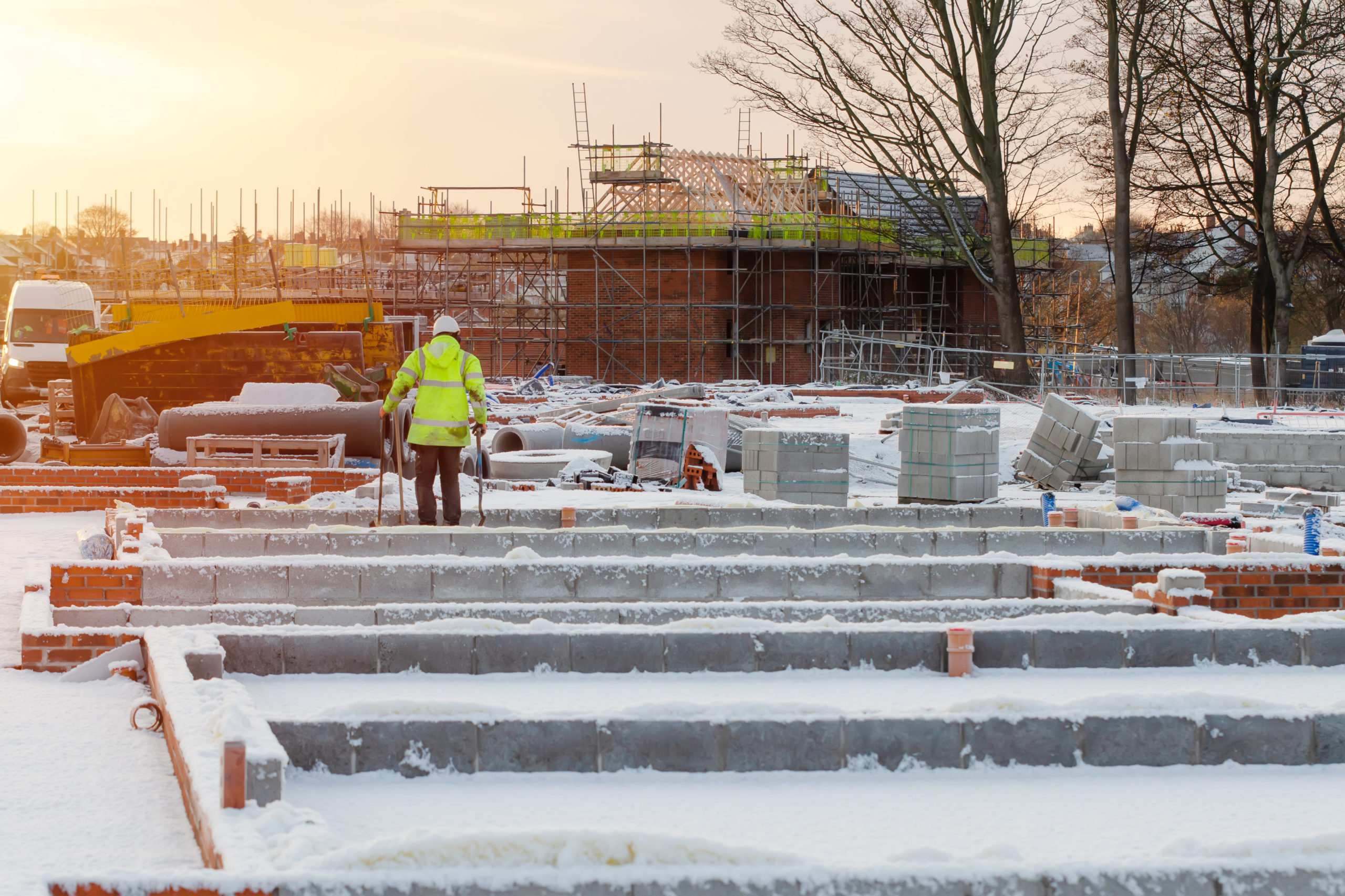Water can cause serious damage to your property because damage often goes beyond the surface. Not only can it ruin your floors, walls and furniture, but it also can cause health problems due to mold and fungus. Learn how to prevent water damage and what to do when it happens with the following tips:
Prevent Damage
The best thing to do to protect your property is to prevent damage in the first place. The cost for repairs varies widely, depending on the size of the area damaged and if it poses a health risk or not. According to CostHelper.com, a small area can cost between $100 and $300. However, drying out a basement can cost between $500 and $10,000 and repairing a burst water pipe can cost between $500 and $70,000. To avoid these hefty charges, take these steps to prevent damage:
-
Install gutters: Gutters help drain water away from your home so it doesn’t pool. Make sure gutters point away from your home and put cement splash pads under the downspout to carry water at least 5 feet away from your foundation. You also need to clean and repair your gutters periodically.
-
Slope your yard: To prevent water from damaging your foundation, make sure your yard slopes away from your house.
-
Maintain large equipment: Check your sump pump at least once a year, and make sure your HVAC drip pans are flowing properly and are kept clean.
-
Fix leaks: Don’t wait to fix any minor leaks because they may lead to larger damage later. Check for small leaks, dripping under your sinks and dark spots under pipes. If you notice these problems, make sure to find the source of the leak instead of making a quick fix.
-
Inspect your roof: Replace any broken, loose or missing shingles on your roof immediately so water can’t get in during a storm.
Act Quickly
If you already have water damage, you need to act quickly to minimize it. Here are a few aspects to focus on first:
-
Turn off the power: The first thing you should do is turn off the power to the affected area if possible. Then, unplug any electronics so you lessen the risk of anyone getting shocked.
-
Move everything: Move furniture and small items to a different part of your home or to a different location to help prevent further damage to them. You especially want to move wet rugs, newspapers, books and magazines to prevent staining.
-
Get rid of water: If you can, get rid of any standing water with towels, buckets and mops. If you have a lot of water, get a sump pump to start sucking up the water. Once you are rid of any standing water, start drying the affected area with fans and a dehumidifier.
Hire a Professional
One of the best actions you can take when you have water damage is to hire a professional. These companies are trained to find the source of the water, minimize damage and protect your home and your health. Although you can start the cleanup process, a professional company has the equipment and expertise to solve the problem quickly. Upon entering your home, a professional can use a moisture meter to determine how much water there is. From there, they can begin pumping out standing water and drying the area.
Water damage also can cause hidden problems such as mold. There are both non-toxic and toxic molds, but both kinds can affect your health, so it is important to get rid of it right away. Professional companies are trained and equipped to deal with all kinds of mold that may grow in places you can see—such as ceiling or floors—as well as hidden areas—such as in between your walls. This task is not for the do-it-yourselfer because it can be dangerous and hard to detect if you aren’t properly trained.
Finally, professional companies can help you deal with your insurance company. They are familiar with the paperwork, and they can help you document the damages so you get a fair claim. This is also an important step in case your insurance company tries to dispute the claim.

 ">
">
 ">
">